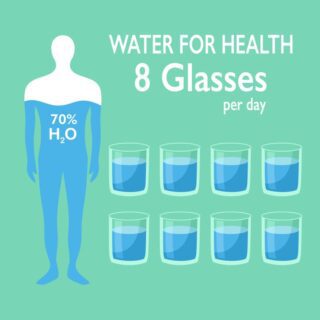Blood Testing Options From Home

While routine blood work is very important to monitor one’s overall health and well being, sometimes it can be hard to physically get to the doctors office or testing facility for a blood draw. When it does prove to be too difficult to leave your home for testing, there are many at-home kits available so you can still get the health care you require. Depicted below are
some of the options available for at home blood tests.

- Labcorp offers two at home options for blood tests.
a. One option called the “lab-in-a-box” requires a home health care provider to
draw blood using the supplied testing tubes, but has the advantage of not requiring centrifugation before the specimen is sent to the lab. The “lab-in-a-box” test options include: basic metabolic panel, renal function tests,
lipid panel, thyroid panel, anemia panel, electrolyte panel, liver function testing,
as well as different chemistry, trace element, and drug tests.
b. A different testing option from labcorp called “lab-in-an-envelope” is a good
choice if there is no home health care provider available to perform a blood
draw. In this testing kit, one only needs to prick their finger and send in the dried
blood spot specimen. “Lab-in-an-envelope” offers tests for total cholesterol, hemoglobin A1c, PSA, ALT, TSH, CRP, BUN, testosterone, cotinine, and creatinine. - Lab.me is a company that offers a variety of at-home testing kits options which use the
finger prick specimen collection method. Just a few of the different kits available through Lab.me include the following: heavy metals and essential elements, comprehensive thyroid, baseline health, female wellness test, male wellness test,
complete blood count. - Everlywell is a company that offers at-home testing kits as well. The collection methods
include finger prick, saliva sample, and urine samples. Kits available for purchase
include: food sensitivity test, metabolism test, thyroid test, STD tests, heavy metal test,
heart health test, HbA1c test, FIT colon cancer screening test, cholesterol and lipid test, as well as many more options. While these at-home tests are useful, they do not all offer the same accuracy as a blood draw at a testing site would due to differences in specimen quality and collection. It is important to discuss what option is right for you with your healthcare provider.

This article reviewed by Dr. Jim Liu, MD and Ms. Deb Dooley, APRN.
There’s nothing more important than our good health – that’s our principal capital asset.
#medical #telehealth #bloodtesting #home #umedoc










